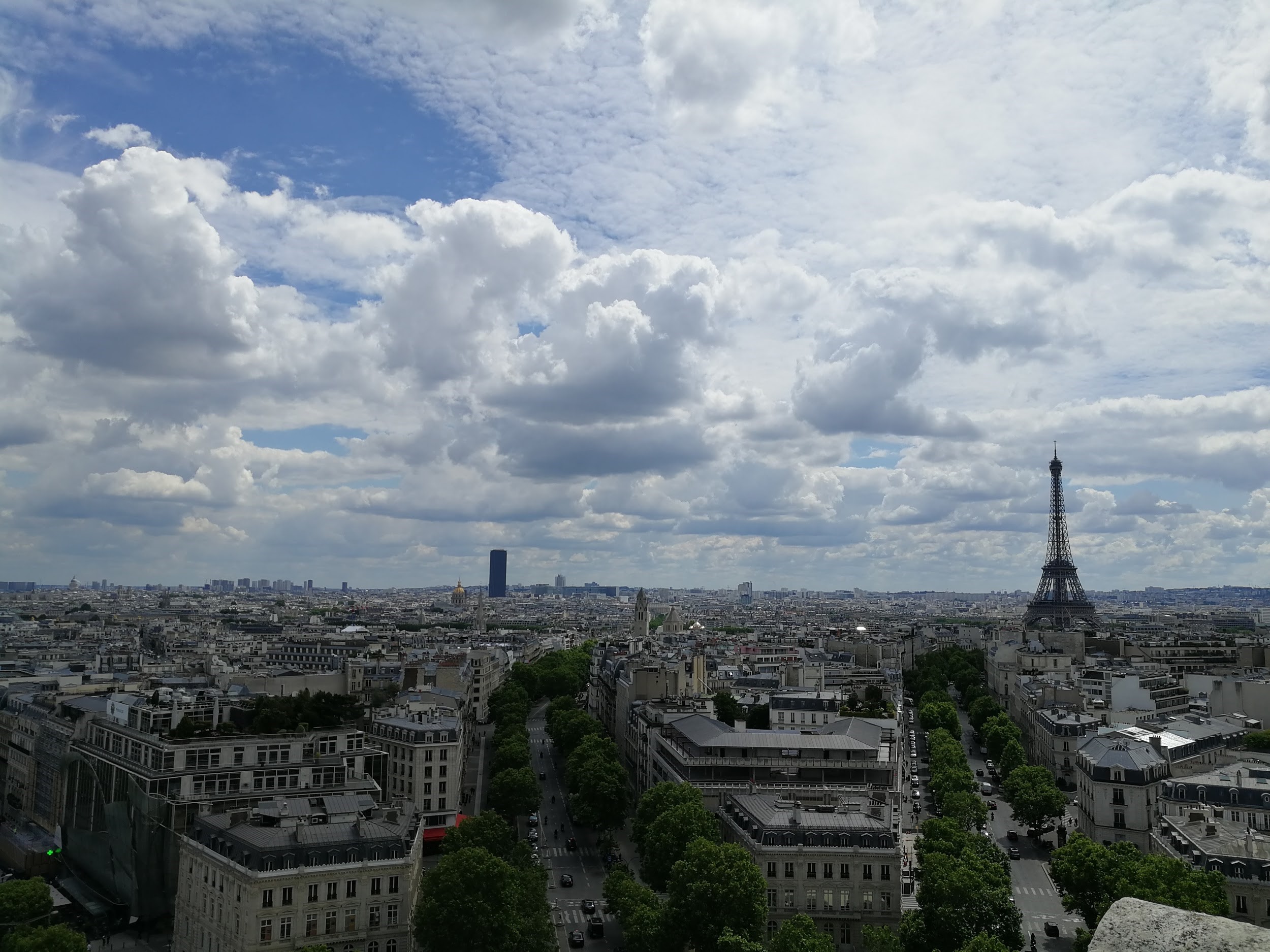Simulating the sessions and assemblies of various United Nations (UN) committees, the goal of the Model UN is to work toward and decide upon a resolution to a challenging world issue. Most Model UN (MUN) conferences offer a wide range of committees, allowing students to choose a topic of debate that best suits their interests. Some popular examples include the Security Council committee - for those who want to solve global issues; the International Court of Justice for law enthusiasts; and the UN High Commissioner for Refugees (UNHCR) and the UN Refugee Agency for those who want to engage migration issues.
Politics in Paris
by Clara Henke, 15.08.2019
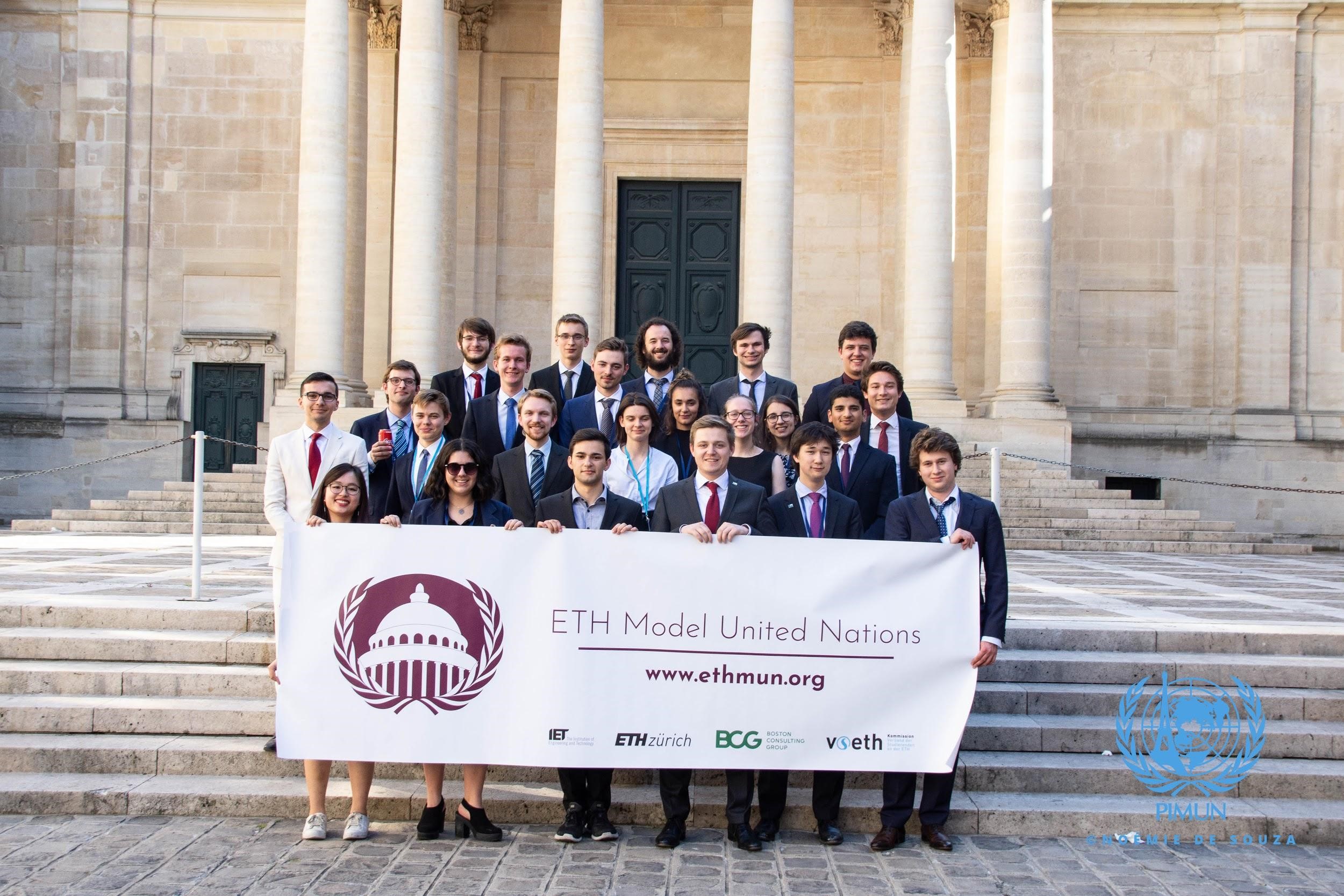
The ETHMUN Delegation in front of the Sorbonne 1 (photo credit: PIMUN)
In early June, the ETH Zurich Model United Nations Commission took a delegation to Paris International MUN, giving me, and 22 fellow students, the opportunity to experience what it is like being an ambassador to the United Nations.
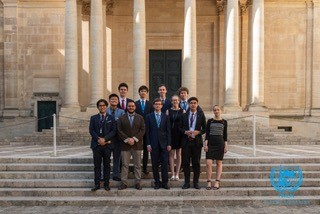
The committee I was part of, the Ukrainian Committee (photo credit: PIMUN)
Many MUN conferences offer “crisis” committees alongside traditional MUN committees. In crisis, delegates represent a person instead of a position, usually within an historical context, compared with traditional MUN conferences, which deal with current affairs. Split into different cabinets, both entities work towards negotiating communal and individual goals.
In Paris, I was part of the triple cabinet crisis between Russia, the Ukraine, and the UN Security Council. The topic of debate was the Ukraine after the Crimean referendum. Representing Oleksandr Shlapak, the Ukrainian Finance Minister, I helped manage the economy in a setting that thrown into turmoil by Russian intervention and the rise of separatists.
On the first day, I attended the opening ceremony with a speech from Jean-Marc de La Sablière, who introduced the crisis and our group’s first session. We started by laying out our plans for the next few days, assigning tasks, and gathering more information. As the Finance Minister, my primary tasks consisted of optimizing Ukrainian spending, stopping inflation, and increasing Gross Domestic Product (GDP) flow. I also got to know the other Delegates during the reception that followed. I connected with many delegates who came from as far away as Singapore and Venezuela, some of whom I had already met during an earlier conference last year.
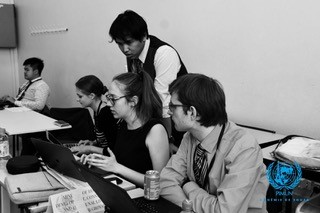
Debating during the conference (photo credit: PIMUN)
The next two days were intense: From 8 a.m. to 6 p.m. all I did was negotiate with other delegates about their character’s spending, cutting unnecessary expenses, and raising taxes. I spent my time researching and finding solutions for the Ukraine to tackle the aforementioned problems, while doing my best not irk too many fellow delegates. One moment that I found particularly interesting was the opportunity to use what I had already learned at ETH Zurich during a discussion on alternative energy. I had an edge on the usual delegate crowd of political science and law students who tend to be in the majority at MUN conferences. Channeling my scientific background within the context of persuasive arguments.
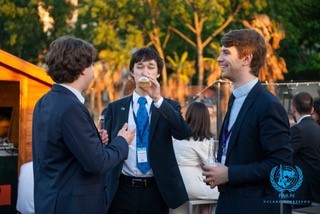
Socializing in the evening with other delegates (photo credit: PIMUN)
In the evenings, I participated in social gatherings or saw some sights in Paris with my delegation. My personal favorites were the dinner events, because I could really engage people in depth rather than just mingle. Of course, it helped that French cuisine is simply superb.
Coming from an engineering background with little knowledge of finance and national economics, the MUN was a challenging for me in the beginning, but in hindsight I have learned a lot.
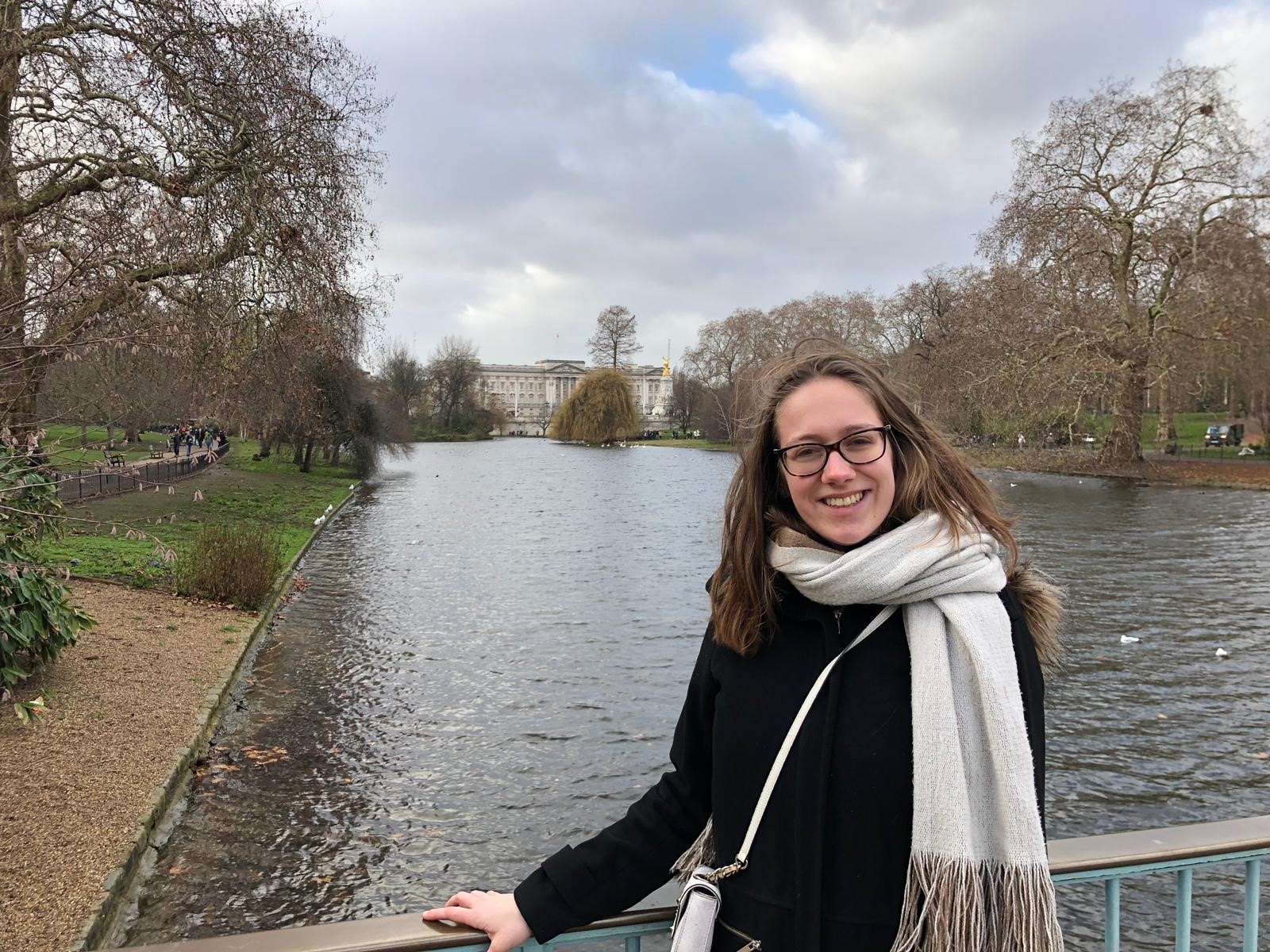
About the author
Clara Henke is a second year Bachelor degree-seeking student in Electrical Engineering. In addition to her studies, Clara is passionate about the MUN and has been participating since high school.


